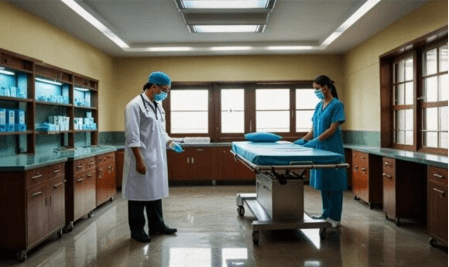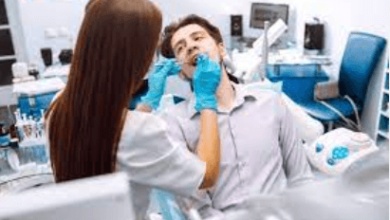Hospital Services for Comprehensive Medical Care

The provision of comprehensive medical care within hospital services is essential for addressing the diverse health needs of the population. This multifaceted approach encompasses not only emergency interventions but also specialized treatments, preventive care, and rehabilitation services. By examining how these components interact and their impact on patient outcomes, we can uncover the complexities that define effective healthcare delivery. As we explore this intricate tapestry of services, questions arise regarding the future of patient care and the evolving role of hospitals in fostering holistic health.
Emergency Services
Although emergency services are often the most visible aspect of hospital operations, their complexity and critical importance extend far beyond immediate patient care.
Effective trauma care and urgent care systems are essential for optimizing patient outcomes. By integrating advanced protocols and resource allocation, hospitals can enhance responsiveness to emergencies, ensuring that patients receive timely, high-quality treatment essential for preserving life and promoting recovery.
Specialized Medical Treatments
A growing number of hospitals are expanding their offerings to include specialized medical treatments that address the unique needs of diverse patient populations.
These services enhance chronic disease management through tailored approaches, utilizing advanced diagnostic techniques to ensure accurate assessments.
Preventive and Wellness Care
Emphasizing preventive and wellness care has become a strategic priority for hospitals aiming to enhance population health outcomes.
By implementing comprehensive health screenings and personalized lifestyle counseling, hospitals can proactively address health risks, ultimately reducing the burden of chronic diseases.
This approach not only fosters individual well-being but also cultivates a healthier community, aligning with the broader goal of promoting health freedom and informed choices.
See also: wellhealthorganic.com:health-benefits-and-side-effects-of-oil-of-oregano
Rehabilitation and Support Services
Recognizing the critical role of rehabilitation and support services in patient recovery, hospitals are increasingly integrating these programs into their care models.
Comprehensive rehabilitation encompasses physical therapy aimed at restoring mobility and strength, while also addressing mental health through counseling and support groups.
This holistic approach not only enhances recovery outcomes but empowers patients, fostering autonomy and resilience throughout their healing journey.
Conclusion
In conclusion, hospital services for comprehensive medical care function as a well-orchestrated symphony, harmonizing emergency care, specialized treatments, preventive initiatives, and rehabilitation support to address diverse patient needs. This integrated approach not only facilitates effective management of acute and chronic conditions but also cultivates a culture of health awareness and informed decision-making among individuals. By prioritizing a holistic model of care, hospitals enhance recovery outcomes and promote a sustainable framework for long-term health and wellness.





